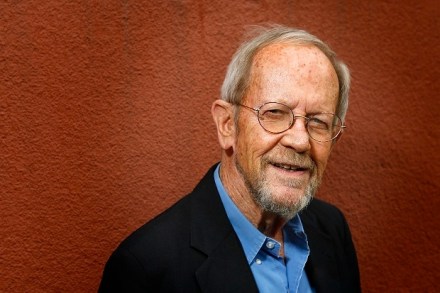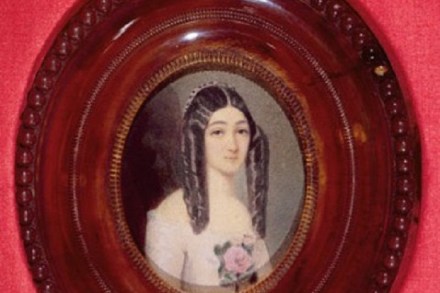A Classless Society, by Alwyn W. Turner – review
The title of Alwyn W. Turner’s book could deter readers. Even the Hollywood film The Secret Lives of Dentists promised more excitement. John Major sought the creation of a classless society in the 1990s. He confused this with equality of opportunity and social mobility. Efforts to engineer classlessness always end in tears. George Orwell was right: some animals are more equal than others — even in death. Orwell shares an Oxfordshire churchyard with Herbert Asquith. It was an insipid decade when managerialism triumphed over leadership. Ideas and intellectual rigour were kept in check, and institutions were repeatedly assaulted. After the collapse of the Soviet Union, this inertia may have been















